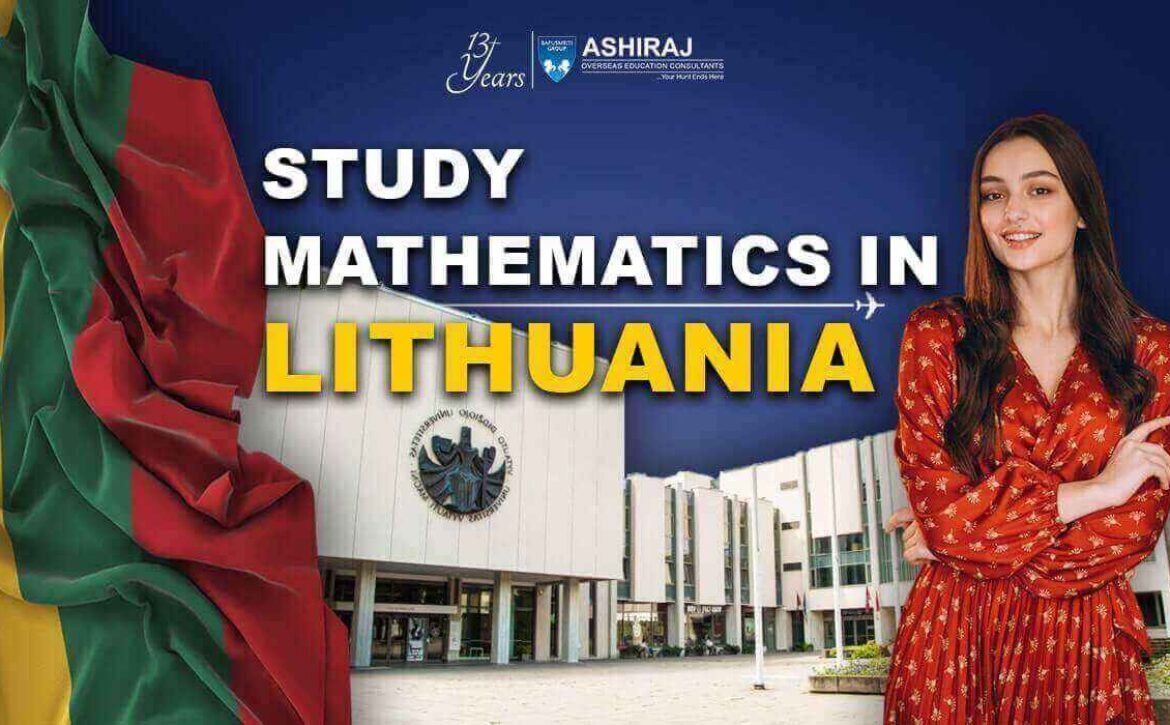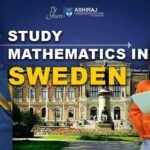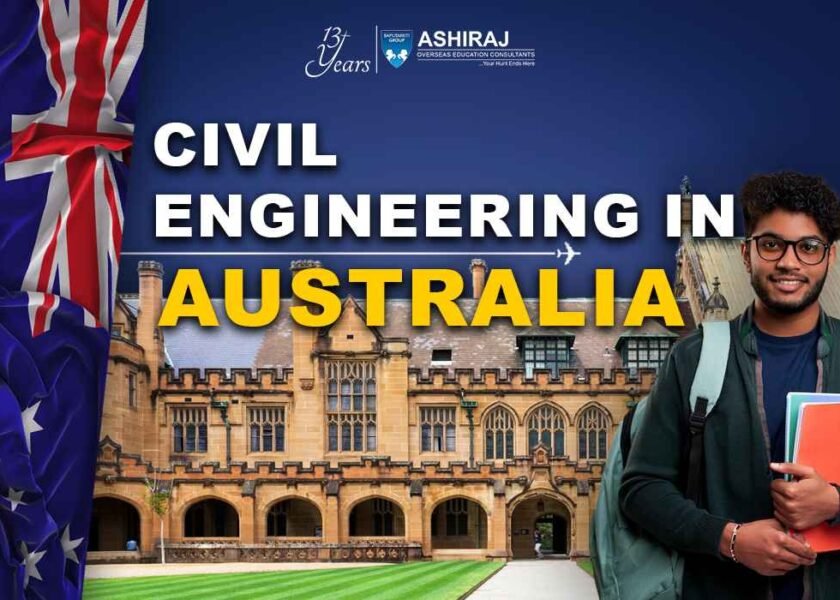
Mathematics in Lithuania
Mathematics in Lithuania holds a significant place in the country’s educational landscape and intellectual heritage. Renowned for its strong emphasis on STEM subjects, Lithuania boasts a robust mathematical tradition that spans centuries. From the pioneering works of mathematicians like Jonas Kubilius to the modern advancements in algebra, geometry, and applied mathematics, the nation has made substantial contributions to the field. Mathematics education in Lithuania is characterized by rigorous curriculum standards and a commitment to fostering critical thinking and problem-solving skills from an early age. Students engage with mathematics through a combination of theoretical learning and practical applications, preparing them for diverse academic and professional pursuits.
In contemporary Lithuania, mathematics plays a crucial role in various sectors, including technology, finance, and academia. The country’s emphasis on mathematical literacy and proficiency has led to a workforce well-equipped to tackle complex challenges in the digital age. Additionally, Lithuania’s active participation in international mathematical competitions and collaborations underscores its commitment to excellence and innovation in the field. With a rich mathematical heritage and a forward-looking approach to education, Mathematics in Lithuania continues to thrive, shaping the country’s intellectual landscape and contributing to global mathematical discourse.
Why to Study Mathematics in Lithuania?
- Strong Academic Tradition: Lithuania boasts a rich heritage in mathematics, with a lineage of prominent mathematicians and scholars contributing to the field’s advancement.
- Rigorous Education System: The country offers a rigorous mathematics education system, emphasizing both theoretical knowledge and practical problem-solving skills from an early age.
- Focus on STEM Education: Lithuania places a significant emphasis on STEM subjects, including mathematics, preparing students for careers in science, technology, engineering, and mathematics-related fields.
- Advanced Curriculum: The mathematics curriculum in Lithuania is designed to challenge students and foster critical thinking, ensuring they are well-prepared for higher education and professional opportunities.
- Access to Quality Resources: Students studying mathematics in Lithuania have access to quality resources, including state-of-the-art facilities, libraries, and research centers.
- International Recognition: Lithuania’s participation in international mathematical competitions and collaborations offers students opportunities for global recognition and networking.
- Affordable Education: Compared to other European countries, Lithuania offers affordable tuition fees and living expenses, making it an attractive destination for international students seeking quality education in mathematics.
- Vibrant Mathematical Community: With a vibrant mathematical community and a supportive academic environment, students in Lithuania have opportunities to engage in research, attend conferences, and collaborate with peers and experts in the field.
Overall, studying mathematics in Lithuania provides students with a solid foundation, diverse opportunities, and a supportive environment to excel in this critical field of study.
Top Universities to Study Mathematics in Lithuania
University | QS World University Ranking 2023 | Type of University | Average Annual Fees | Programs Offered |
Vilnius University | 601-650 | Public | €1,500 – €3,000 | Mathematics, Applied Mathematics, Statistics |
Kaunas University of Technology | 751-800 | Public | €1,200 – €2,500 | Mathematics, Computer Science, Engineering |
Vytautas Magnus University | 801-1000 | Public | €1,000 – €2,000 | Mathematics, Mathematics Education, Economics |
Klaipeda University | 1001+ | Public | €1,000 – €2,500 | Mathematics, Data Science, Environmental Science |
Lithuanian University of Health Sciences | 1001+ | Public | €1,200 – €2,500 | Mathematics, Biomedical Sciences, Public Health |
Mathematics in Lithuania is strongly represented by its top universities, offering diverse programs tailored to students’ interests and career goals. These institutions not only provide quality education but also contribute significantly to the country’s academic and research landscape. From Vilnius University, consistently ranked among the top universities globally, to Kaunas University of Technology, renowned for its STEM programs, students have ample choices for pursuing mathematics-related studies. With affordable tuition fees and a wide range of programs, studying mathematics in Lithuania offers students a solid foundation for academic and professional success.
Course Curriculum for Mathematics in Lithuania
- Comprehensive Coverage: Mathematics courses in Lithuania cover a wide range of topics, including algebra, geometry, calculus, and statistics, providing students with a strong foundational understanding of the subject.
- Emphasis on Problem-Solving: The curriculum emphasizes practical problem-solving skills, encouraging students to apply mathematical concepts to real-world situations and develop critical thinking abilities.
- Theory and Application: Students engage with both theoretical concepts and their practical applications, ensuring a well-rounded education that prepares them for various academic and professional endeavors.
- Research Opportunities: The curriculum often includes opportunities for students to engage in research projects, allowing them to explore advanced topics in mathematics and contribute to the field’s advancement.
- Interdisciplinary Approach: Mathematics courses may also incorporate interdisciplinary elements, connecting mathematical concepts with other fields such as computer science, engineering, and economics.
- Flexible Electives: Students often have the flexibility to choose elective courses tailored to their interests and career aspirations, allowing for specialization in areas like applied mathematics, statistics, or mathematical modeling.
The course curriculum of Mathematics in Lithuania is designed to foster a deep understanding of mathematical principles, encourage problem-solving skills, and prepare students for a diverse range of academic and professional opportunities.
Eligibility Criteria & Admission Requirements for MS in Mathematics in Lithuania
- Language Proficiency: Applicants must demonstrate proficiency in English by providing either IELTS or TOEFL scores. For IELTS, a minimum score of 6.5 is typically required, while a minimum TOEFL score of 80 (iBT) is commonly accepted.
- Standardized Tests: Depending on the university and program, applicants may need to submit GRE or GMAT scores. GRE scores of at least 155 in the Quantitative Reasoning section are usually expected, while a GMAT score of around 600 is often required.
- Academic Background: Applicants should hold a bachelor’s degree in mathematics or a related field from a recognized institution. A strong academic record is essential, with a minimum GPA requirement varying by university.
- Passport & Student Visa: International students must possess a valid passport and obtain a student visa to study in Lithuania. This process typically involves providing proof of acceptance from a recognized university, financial documentation, and meeting health and character requirements.
- Academic Certificates: Applicants are required to submit transcripts and diplomas from previous educational institutions, demonstrating their academic achievements and qualifications.
- Work Experience: While not always mandatory, some programs may prefer applicants with relevant work experience in mathematics or related fields, particularly for advanced or specialized programs.
Test | Minimum Score |
IELTS | 6.5 |
TOEFL | 80 (iBT) |
GRE | 155 (Quantitative Reasoning) |
GMAT | 600 |
Meeting these eligibility criteria ensures that prospective students are prepared academically and linguistically to pursue Mathematics in Lithuania, fostering a conducive environment for learning and research in the field.
Documents Required for Studying Mathematics in Lithuania
- Passport: A valid passport is essential for international students applying to study Mathematics in Lithuania, serving as proof of identity and nationality.
- Letters of Recommendation (LOR): Applicants typically need to submit two letters of recommendation from academic or professional referees who can attest to their abilities and suitability for the program.
- Statement of Purpose (SOP): An SOP outlining the applicant’s academic and career goals, as well as their reasons for choosing to study Mathematics in Lithuania, is often required.
- Curriculum Vitae (CV): A comprehensive CV detailing the applicant’s educational background, work experience, research projects, and any relevant achievements is necessary.
- Official High School Transcripts: Transcripts from secondary education institutions demonstrating academic performance and completion of prerequisite coursework are required.
- Educational Certificates: Certificates or diplomas from previous educational institutions, including bachelor’s degrees or equivalent, are necessary for admission.
- Work Experience Certificate: If applicable, a certificate verifying relevant work experience in Mathematics or related fields may be requested.
- Proof of Financial Resources: Applicants must provide evidence of sufficient financial resources to cover tuition fees, living expenses, and other associated costs for studying Mathematics in Lithuania.
Ensuring the timely submission of these documents is crucial for a smooth application process and successful enrollment in Mathematics in Lithuania.
Admission Process for Mathematics in Lithuania
- Research Institutions: Conduct thorough research to identify universities in Lithuania offering Mathematics programs that align with your academic interests and career goals.
- Check Eligibility: Review the eligibility criteria, including language proficiency requirements (such as IELTS or TOEFL scores) and academic prerequisites (such as GRE or GMAT scores).
- Prepare Documents: Gather required documents, including passport, academic transcripts, certificates, letters of recommendation, statement of purpose, curriculum vitae, work experience certificates, and proof of financial resources.
- Apply Online: Complete the university’s online application form, ensuring all required fields are accurately filled out and all supporting documents are attached.
- Pay Application Fee: Pay the application fee as per the university’s instructions, usually through online payment methods.
- Submit Application: Submit your application before the specified deadline, allowing ample time for processing and review.
- Await Notification: Wait for the university to review your application and notify you of the admission decision via email or the online application portal.
- Accept Offer: If accepted, follow the instructions provided to accept the offer of admission and proceed with the enrollment process.
- Apply for Visa: Once admitted, apply for a student visa from the Lithuanian embassy or consulate in your home country, submitting required documents and attending any necessary interviews.
- Prepare for Arrival: Make necessary arrangements for accommodation, travel, and orientation, preparing to embark on your academic journey studying Mathematics in Lithuania.
“Education is the most powerful weapon which you can use to change the world.”
Nelson Mandela
Cost of Mathematics Course in Lithuania
- Tuition Fees: The tuition fees for Mathematics programs in Lithuania vary depending on the university and the level of study. On average, international students can expect to pay between €1,500 to €3,000 per year for undergraduate programs, while postgraduate programs may cost between €2,000 to €4,000 per year.
- Living Expenses: Living expenses in Lithuania are relatively affordable compared to other European countries. Monthly living costs, including accommodation, food, transportation, and other miscellaneous expenses, typically range from €500 to €800, depending on the city and lifestyle.
- Scholarships and Financial Aid: Some universities in Lithuania offer scholarships and financial aid opportunities for international students, based on academic merit, financial need, or specific criteria. These scholarships can help offset tuition costs and living expenses.
- Part-time Work: International students are allowed to work part-time while studying in Lithuania, providing an opportunity to earn additional income to cover expenses.
- Health Insurance: Health insurance is mandatory for all international students studying in Lithuania. The cost of health insurance varies depending on the coverage and provider, typically ranging from €200 to €500 per year.
Understanding the cost of studying Mathematics in Lithuania helps prospective students plan their finances accordingly and make informed decisions about pursuing higher education in the country.
Scholarships for Mathematics Courses in Lithuania
Scholarship Name | Amount | Application Deadline |
Vilnius University Scholarships | Up to €5,000 per year | May 31st |
KTU International Excellence Scholarships | Full tuition fee waiver + stipend | April 15th |
VMU Academic Excellence Scholarships | €1,500 – €3,000 per year | June 1st |
Klaipeda University Scholarships | Varies | May 15th |
Lithuanian Government Scholarships | Full tuition fee waiver + monthly stipend | Varies depending on the program |
Scholarships play a crucial role in enabling international students to pursue Mathematics in Lithuania by providing financial assistance. These scholarships cover various expenses, including tuition fees, living costs, and other academic expenses. It is essential for prospective students to research and apply for scholarships well in advance of the application deadlines to maximize their chances of receiving funding. Additionally, meeting the eligibility criteria and submitting a strong application are key factors in securing scholarships for studying Mathematics in Lithuania.
Career Opportunities After Mathematics in Lithuania
Job Profile | Average Salary (per year) |
Data Analyst | €20,000 – €30,000 |
Actuary | €25,000 – €40,000 |
Statistician | €22,000 – €35,000 |
Software Developer | €25,000 – €45,000 |
Financial Analyst | €30,000 – €50,000 |
Mathematics graduates in Lithuania have access to diverse career opportunities across various industries, thanks to their strong analytical and problem-solving skills. Data analysts utilize mathematical techniques to analyze and interpret data, helping organizations make informed decisions. Actuaries assess financial risks and design strategies to minimize them, particularly in insurance and finance sectors. Statisticians collect and analyze data to identify trends and patterns, providing valuable insights for businesses and research institutions. Software developers use mathematical principles to design and develop software solutions for various applications. Financial analysts assess financial data and market trends to provide recommendations for investment decisions. With a wide range of career options and competitive salaries, pursuing Mathematics in Lithuania opens doors to rewarding professional opportunities for graduates.
Frequently Asked Questions About Mathematics in Lithuania
Yes, Lithuania welcomes international students for Mathematics programs in its universities. Ensure you meet the admission requirements and apply to the university of your choice.
Typically, you need to demonstrate proficiency in English through tests like IELTS or TOEFL, with minimum scores specified by the university.
Yes, many universities in Lithuania offer scholarships and financial aid for international students based on academic merit and other criteria.
Tuition fees vary depending on the university and program, but on average, they range from €1,500 to €3,000 per year for undergraduate programs.
Yes, Mathematics graduates in Lithuania have access to diverse career opportunities in fields such as data analysis, finance, software development, and more.
The duration varies depending on the level of study. Typically, undergraduate programs last for three to four years, while postgraduate programs may range from one to two years.
Yes, international students are allowed to work part-time while studying in Lithuania, subject to certain restrictions and regulations.
You’ll typically need to submit documents such as passport, academic transcripts, certificates, letters of recommendation, statement of purpose, and proof of financial resources.
Yes, several universities in Lithuania offer PhD programs in Mathematics for students interested in advanced research and academia.
Once you receive an acceptance letter from a Lithuanian university, you can apply for a student visa at the nearest Lithuanian embassy or consulate in your home country. Make sure to prepare all required documents and follow the visa application process diligently.




